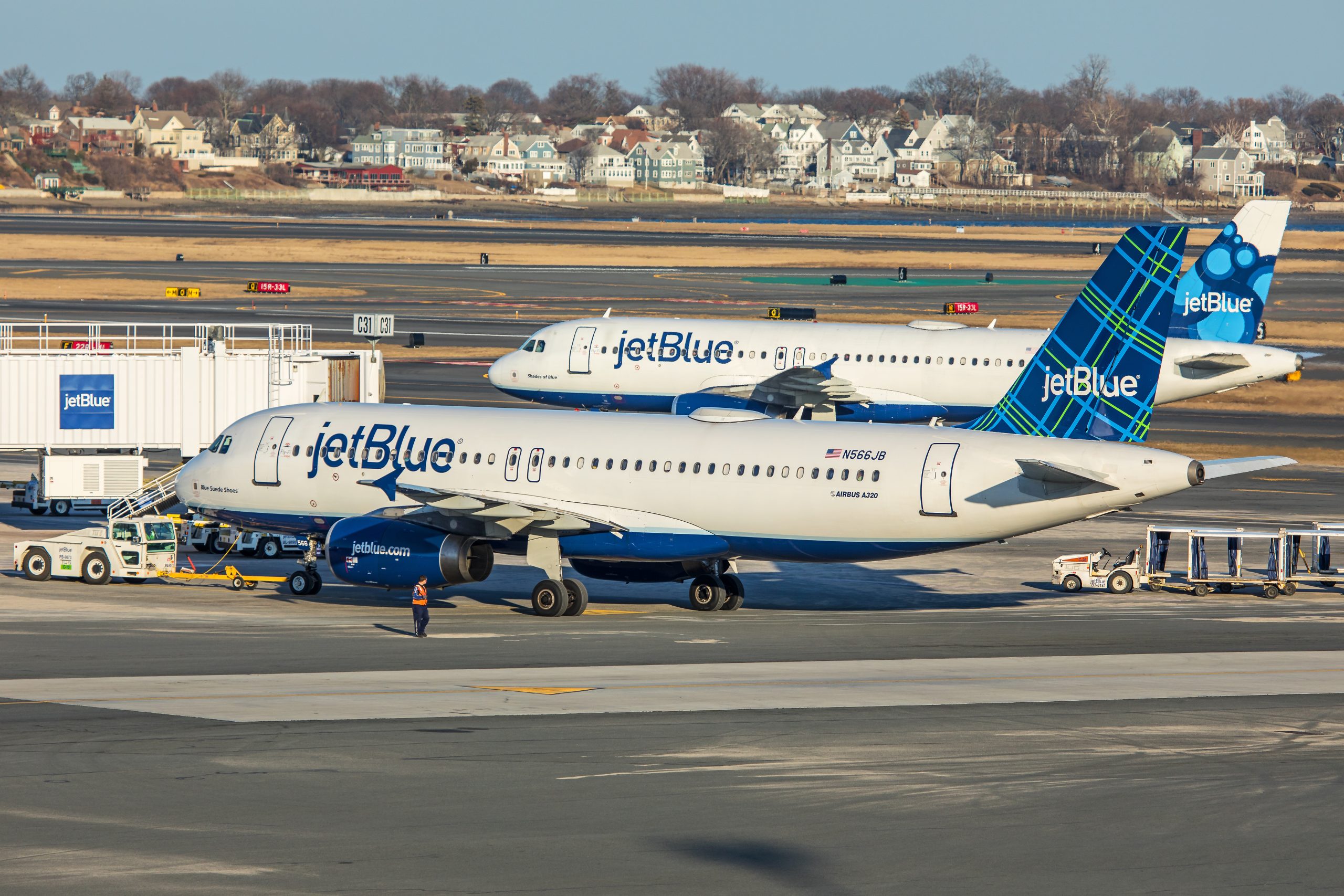
JetBlue Reveals Diminished First Quarter Earnings
On Tuesday, JetBlue announced that it has adjusted its annual revenue forecast. The carrier announced that its revenue will be…

Lufthansa’s A380 preparing to depart for its original destination after diverting to Austin on Oct. 1, 2018 (Photo: AirlineGeeks | Mateen Kontoravdis)
The summer has passed and the prospects for the aviation industry’s recovery are once again exhausted. The high season ends and, except for some signs of recovery in demand that was seen in July and August, the market again shows the impact of COVID-19 on European aviation.
For that reason, Lufthansa decided it must advance the intense restructuring program that ReNew called and took strong steps to reduce costs and financial risk. In a statement, the company determined that the initial expectation of recovering 50% of the volume of revenue from the previous year is “not realistic,” and it estimates that the actual capacity that will be available in coming months will not exceed 30%.
Among those measures, the group announced that it will reduce its fleet by withdrawing 150 aircraft – with their crews – between now and 2025. In addition to the fleet changes already communicated, it was decided that, in addition to the six Airbus A380s that have already been decommissioned, the remaining eight A380s and ten A340-600s will be transferred to long-term storage and removed from planning. These aircraft will only be reactivated in the event of an unexpectedly rapid market recovery. In addition, the remaining seven Airbus A340-600s will be permanently decommissioned.
The previously-announced staff surplus, which amounts to 22,000 full-time positions, is expected to be increased. The change in permanent staffing levels within flight operations will be further adjusted when it comes to market development. Compensation and reduction of excess personnel will be discussed with respective employee representatives. Also, the company is seeking to reduce its management structure by 20 percent, streamlining processes to focus on core functions.
Despite the worsening outlook, the revised financial planning aims to further reduce cash outflows through strict cost management. The liquidity outflow will be reduced from around 500 million euros per month to an average of 400 million euros per month in winter 2020/21. The Group’s previously-communicated objective of returning to positive operating cash flows during 2021 is being reinforced.
In the Executive Board’s assessment, the continuing high level of uncertainty in global air traffic makes short-term adjustments to the current market situation inevitable for the foreseeable future. In this regard, Lufthansa considers the expansion of pre-departure coronavirus testing to be an essential prerequisite for the resumption of global mobility.
The company said it prefers the testing method as consistent testing is possible, increases safety for travelers and is a better alternative to the entry and quarantine regulations that have been implemented around the world.
Since a little kid, Pablo set his passions in order: aviation, soccer, and everything else. He has traveled to various destinations throughout South America, Asia, and Europe. Technology and systems expert, occasional spotter, not-so-dynamic midfielder, blogger, husband, father of three cats; he believes that Latin America's aviation industry past, present, and future offer a lot of stories to be told.
Receive a daily dose of the airline industry's top stories along with market insights right in your inbox.

On Tuesday, JetBlue announced that it has adjusted its annual revenue forecast. The carrier announced that its revenue will be…

Royal Air Maroc and Safran have deepened their collaboration in aircraft engine maintenance. In celebration of its 25th anniversary, Safran…

The importance of the North American market to Fiji Airways has been further highlighted with the announcement of an interline…



